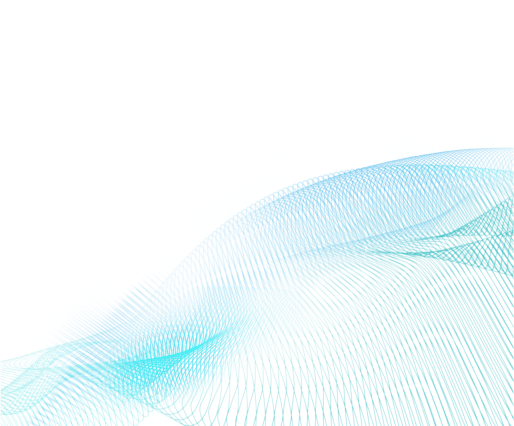Are You a Healthcare Professional?
This European website, initiated and developed by CSL Behring, has two separate sections with the aim to provide information on haemophilia for an international audience, either to European healthcare professionals or to the general public.*
Yes, I am a healthcare professional*
No, I am not a healthcare professional
Preparing Yourself for Gene Therapy


Preparations for Gene Therapy
Who is a Candidate for Gene Therapy?
Any new therapy must go through rigorous clinical trials before approval. According to the Association for Haemophilia and Allied Disorders (EAHAD) and European Haemophilia Consortium (EHC), the gene therapy trials for haemophilia so far have only included people >18 years of age1,2 who had a healthy liver.2
If you want to know more about which kinds of individuals could potentially qualify for a gene therapy, you should discuss this with your doctor.
Gene Therapy Expectations
What Should You Expect From Gene Therapy
There have been ongoing clinical trials since the 2010s for people with haemophilia B3 and 2017 for haemophilia A.4 In 2022 and 2023, the first gene therapies for the treatment of adults with haemophilia A and B were approved in Europe and in the USA.5,6,7
Additionally, the EAHAD and International Society on Thrombosis and Haemostasis (ISTH) have released a joint education guide about haemophilia gene therapy to ensure clinicians across Europe are up to date with their understanding of gene therapy8 and the EAHAD and EHC have proposed a model to standardize gene therapy for haemophilia across Europe.1
Previous
Gene Therapy for Haemophilia
Learn about what makes haemophilia the optimal candidate for a gene therapy.
Next
Home
Every step has been evolving the science of gene therapy in haemophilia
References
- Miesbach W, Chowdary P, Coppens M, et al. Delivery of AAV-based gene therapy through haemophilia centers-a need for re-evaluation of infrastructure and comprehensive care: a joint publication of EAHAD and EHC. Haemophilia. 2021;27:967-973.
- Krumb E, Lambert C, Hermans C. Patient selection for hemophilia gene therapy: real-life data from a single center. Res Pract Thromb Haemost. 2021;5(3):390-394.
- Nathwani AC, Tuddenham EGD, Rangarajan S, et al. Adenovirus-associated virus vector-mediated gene transfer in hemophilia B. New Engl J Med. 2011;365(25):2357-2365.
- Rangarajan S, Walsh L, Lester W, et al. AAV5-Factor VIII gene transfer in severe hemophilia A. New Engl J Med. 2017;377(26):2519-2530.
- European Medicines Agency (EMA). Roctavian. https://www.ema.europa.eu/en/medicines/human/EPAR/roctavian-0. Accessed January 28, 2023.
- European Medicines Agency (EMA). Hemgenix. https://www.ema.europa.eu/en/medicines/human/EPAR/hemgenix. Accessed July 14, 2023.
- Food and Drug Administration. Approved Cellular and Gene Therapy Products. https://www.fda.gov/vaccines-blood-biologics/cellular-gene-therapy-products/approved-cellular-and-gene-therapy-products. Accessed September 5, 2023.
- EAHAD and ISTH. ISTH and EAHAD educational partnership on gene therapy. https://eahad.org/isth-and-eahad-educational-partnership-on-gene-therapy/. Accessed October 20, 2021.
- Nathwani AC. Gene therapy for hemophilia. Hematology Am Soc Hematol Educ Program. 2019;2019(1):1-8.




